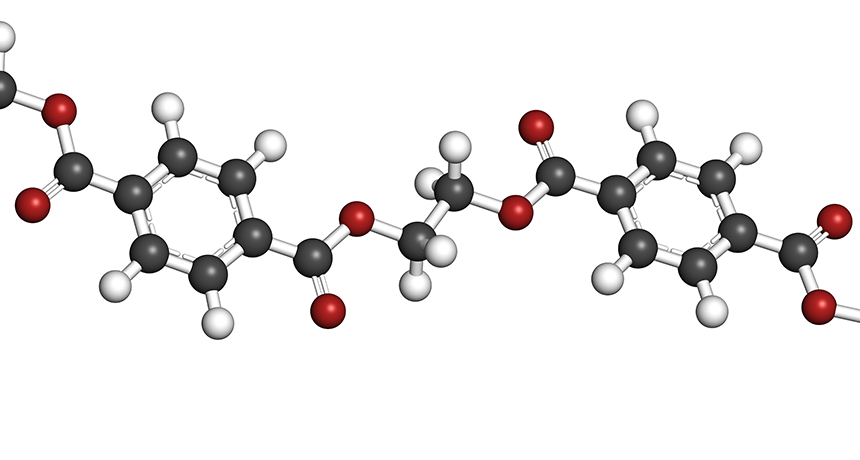Latest Growths in Polymers: Cutting-Edge Innovation
Latest Growths in Polymers: Cutting-Edge Innovation
Blog Article
Checking Out the Varied Applications and Advantages of Polymers in Different Industries
Polymers, with their varied series of buildings and functionalities, have become essential in different industries, each enjoying distinct gain from their application. Polymers. From improving safety and performance in the automotive sector to revolutionizing medical tools in the medical care market, polymers play an essential function. Furthermore, their environment-friendly nature is changing the landscape of sustainability practices. As we dive into the depths of polymers in electronic devices, we discover advanced developments, while their architectural honesty transforms the realm of building and construction and facilities. The pervasive impact of polymers across industries is a testimony to their adaptability and adaptability, forming the future of many markets.
Automotive Industry Applications
Polymers play a pivotal role in enhancing the performance and longevity of various components within the automobile industry. One noticeable usage of polymers in the automotive industry is in the production of lightweight elements.

Health Care Sector Benefits
In numerous medical care applications, the benefits of utilizing polymers are widely recognized for their varied range of advantageous residential properties. Polymers play a crucial role in the healthcare industry due to their versatility, biocompatibility, and cost-effectiveness. One of the key benefits of polymers in medical care is their capacity to be customized to certain demands, such as versatility, resilience, and biodegradability, making them ideal for a wide range of clinical applications.
Polymer-based products are extensively used in medical tools, such as catheters, implants, prosthetics, and medicine distribution systems, as a result of their biocompatibility and capability to imitate natural cells. These products can decrease the risk of allergic responses or beings rejected, boosting patient safety and outcomes. Furthermore, polymers are lightweight, making them suitable for wearable clinical gadgets and ensuring person convenience.
Additionally, polymers make it possible for the advancement of cutting-edge treatment approaches, such as hydrogels for tissue design and nanocomposites for targeted drug shipment. Their convenience of handling and sanitation makes them vital for keeping high requirements of health in healthcare setups. Generally, the varied advantages of polymers contribute dramatically to developments in clinical technology and client treatment.
Ecological Benefits of Polymers

Moreover, polymers can add to power financial savings due to their lightweight nature. In industries such as transportation, lightweight polymer materials can help decrease fuel usage and greenhouse gas discharges. Furthermore, polymers can enable the growth of energy-efficient products such as insulation materials that enhance power preservation in buildings.
Moreover, polymers play an essential duty in lowering water air pollution. As an example, using polymer-based purification systems can properly eliminate contaminants and pollutants from wastewater, protecting water resources and communities. On the whole, the ecological benefits of polymers make them valuable properties in advertising sustainability and green techniques across various sectors.
Polymers in Electronics and Technology
Taking into consideration the boosting demand for innovative and lasting services in modern-day markets, the integration of innovative polymer innovations in the Full Report realm of electronic devices and technology has actually become a pivotal approach for driving effectiveness and efficiency. Polymers have changed the electronic devices industry by allowing the manufacturing of lighter, a lot more flexible, and long lasting electronic gadgets. From smartphones to clinical tools, polymers play a vital role in improving item style and capability.
One significant benefit of polymers in electronic devices is their protecting residential or commercial properties, which aid shield delicate electronic parts from environmental aspects and electric interference. In addition, polymers are vital in the growth of flexible screens, wearable modern technology, and printed electronics, providing countless possibilities for producing wise and interconnected tools.
Furthermore, making use of polymers in digital product packaging has actually led to improvements in miniaturization and thermal monitoring, boosting the overall performance and dependability of digital systems. As modern technology proceeds to evolve, the versatility and flexibility of polymers will certainly drive even more advancement in the electronics market, shaping the future of modern technology.
Function of Polymers in Building and Framework
The integration of read here advanced polymer materials in construction and infrastructure projects has revolutionized the way structures are designed and constructed in modern times. Polymers offer numerous benefits in the building and construction sector as a result of their flexibility, toughness, and cost-effectiveness. One crucial function of polymers in building and construction is their use in coatings and sealers, giving security against environmental factors such as dampness, UV radiation, and rust. Furthermore, polymers are utilized in the manufacturing of light-weight and high-strength composite materials, enhancing the architectural integrity of buildings while reducing total weight.
Furthermore, polymers play an essential duty in lasting building and construction techniques by allowing the development of energy-efficient frameworks. Protecting materials made from polymers assist regulate interior temperatures, reducing the demand for home heating and cooling systems and inevitably decreasing energy intake. Moreover, the use of polymer-based compounds in infrastructure tasks such as bridges and roadways boosts their longevity and decreases upkeep expenses. In general, the consolidation of polymers in construction and facilities displays their substantial effect on contemporary design practices.
Conclusion
In final thought, polymers play an essential role in numerous markets such as vehicle, healthcare, environmental, electronic devices, and building. From improving gas performance in automobiles to improving great post to read medical tools, polymers use various advantages.
Report this page